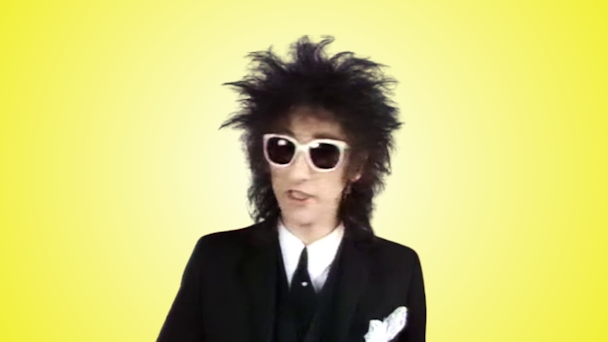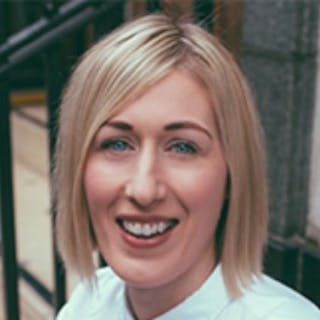To convey one’s mood in 17 syllables is very diffic... and that’s why you gotta try
Strategists should give poetry a try in 2025. Shook's Gemma Moroney rhymes off the reasons why.

“An insight’s like a joke.” To laugh at a joke is saying, “I recognize myself in that.”
Both quotes I’ve picked up along the way in my magpie-way. Both are correct, in my opinion. And no doubt why absolutely loads of creatives seem to have done a stand-up comedy course. Whether through choice or company-wide training.
How do you know when a creative’s done a stand-up comedy course? Don’t worry, they’ll tell you about it.
I’m here to tell you that the strategist’s version of the stand-up comedy course is to write poems. If you want to perform them too, great. In fact, you absolutely should (more on that in a minute).
But it’s the writing them that matters.
Because a poem’s like an insight as well. And a poem’s also sacrifice (I remember my English teacher saying “It’s the best possible words, in the best possible order.”). A poem’s also a story, but in the shortest possible space (not the Odyssey though, obviously. And no I haven’t read it, it’s 12,109 lines long FFS.).
Insight, sacrifice, and captivating storytelling: possibly the three most important tools in a strategist’s toolbox.
I hate the notion that the more and fancier the words you use, the cleverer you are.
In fact, if anything, I think it shows you’re in possession of a lack of self-possession. And yes, I did just ironically use a long word twice to make that point. So, TLDR: lots of words (or slides) don’t make you smart.
The art of a poem is a great exercise for that.
Nobody says it better than Dr John Cooper Clarke:
“To convey one’s mood
in seventeen syllables
is very diffic”
I can appreciate it won’t do the street cred or stereotype of chunky-glasses-wearing, window-staring, beard-stroking strategists many favors to suggest they take up poetry.
But trust me, just try it.
In September, I went to a poetry evening for the first time ever. At the very same poetry evening, I took part in a poetry slam for the first time ever.
It’s nothing short of humbling.
I feel pretty confident I’m an above-average writer. I feel pretty confident I’m an above-average public speaker. To nick a meter from JCC, I’ve got an easy-peasy, breezy, greedy way with work.
Well lemme tell you, that completely disappears when pitted against ten other poets and an audience holding up scores straight after you speak. They make Craig Revel Horwood look like a teacher on a non-competitive primary school sports day.
When you’ve worked for a long time (25 years in my case), you’ve done your 10,000 hours. There’s a comfort in knowing you know what you’re doing and maybe feeling like you have a bit of status in your company or even the industry.
Well you can kiss that goodbye when you try something new. And especially when that something new is baring your soul to a room of strangers whose only job is to judge you, literally.
The first poem was about one of my kids. I’m not sharing it with you. It might bring the mood down, and even though the stupid idiot doesn’t read The Drum, he might Google me one day.
So, while the creatives try cracking jokes, let the strategists write poems.
My task now is to get better at poems. I’m currently Brighton’s fifth best slam poet (that’s the PR in me; the truth is I’m mid-table, and one of the competitors forgot his poem, tried another one, forgot that and then left the stage, so if anything, I am top of the bottom of the table).
Armed with ‘The way to write’, a recommendation from another great poet, Mike Garry, I’ll be spending the lull between Christmas and New Year trying to get better at poems and, hopefully as a by-product, better at work.
My friend Simon says you don’t improve creative output in a straight line, you plateau and then improve in big increments. Let’s hope he’s right.
Strategists, if you’re looking for a New Year’s resolution, join me.
Continue the conversation with Gemma on LinkedIn. Read more opinion on The Drum.
